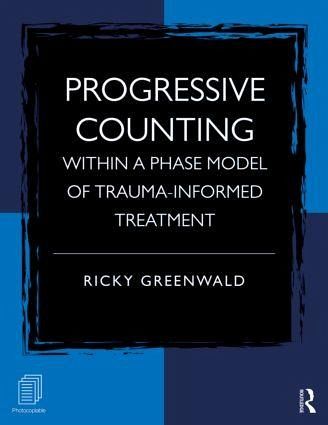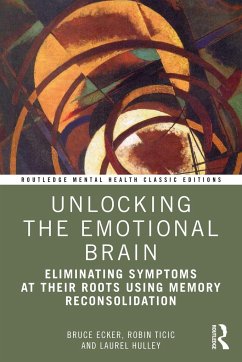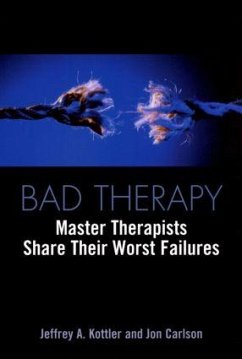
Progressive Counting Within a Phase Model of Trauma-Informed Treatment
Versandkostenfrei!
Versandfertig in 6-10 Tagen
52,99 €
inkl. MwSt.
Weitere Ausgaben:

PAYBACK Punkte
26 °P sammeln!
Clinicians recognize trauma & loss as a prominent source of clients' problems. Progressive counting represents a significant advance in trauma treatment, because it is about as efficient, effective, and well-tolerated as EMDR while being far simpler for therapists to master and do well. PC's value has already been supported by two open trials and a controlled study. Are you ready to provide therapy that routinely affects profound healing and lasting change? This book will show you how.














